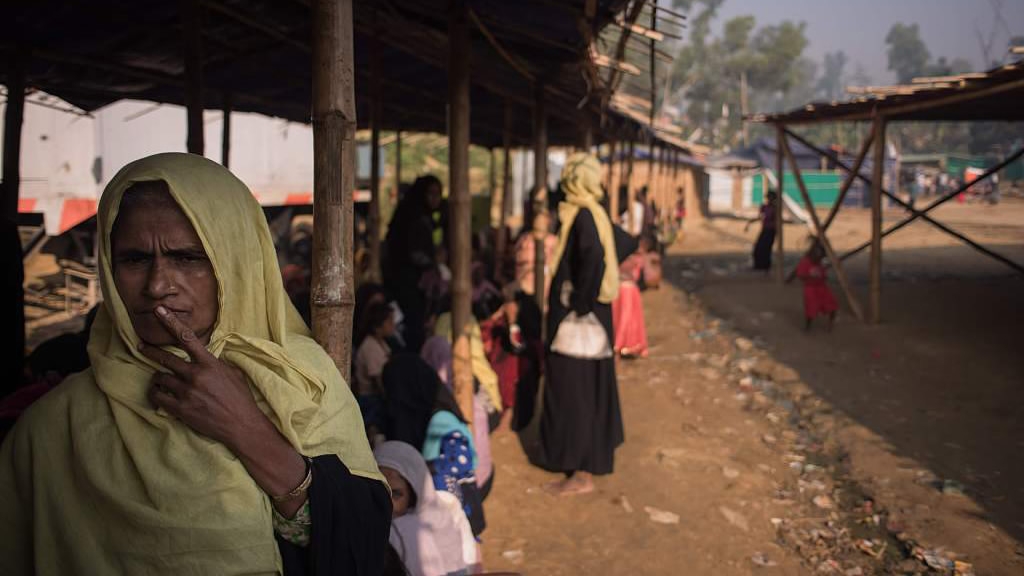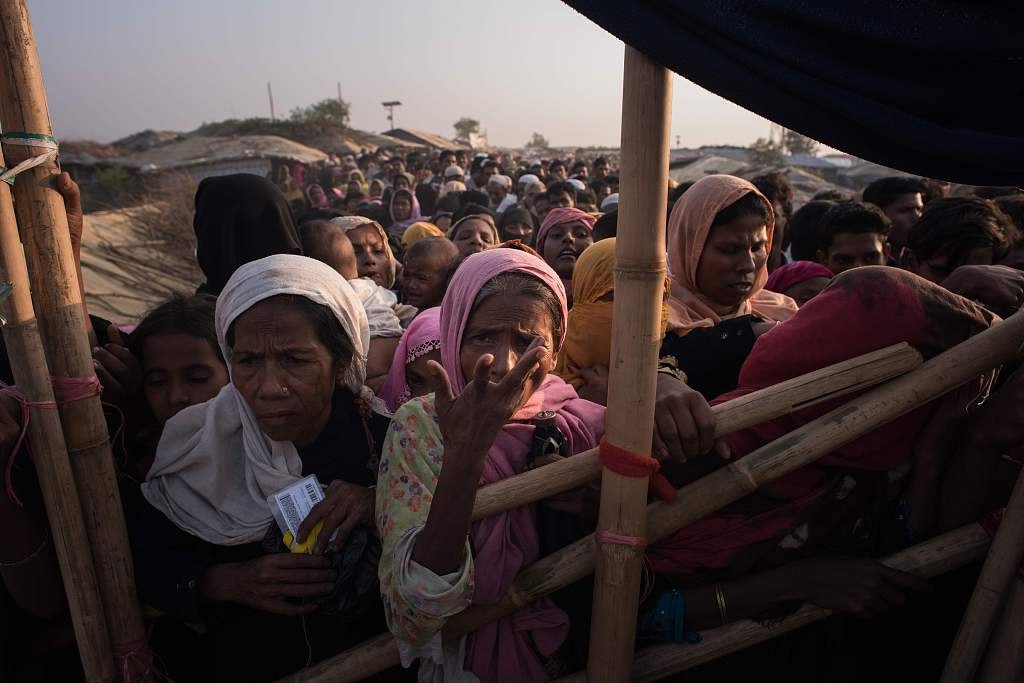
Politics
08:17, 25-Dec-2017
Violence against women: Crimes often undocumented and unpunished
By Nick Harper

Violence against women is a worldwide problem. As awareness grows in the West, many groups are confronting the problem head-on. But even some of those trying to help, find that the problem exists within their own organizations.
They’re marginalized and vulnerable, and beaten, raped or even killed. But the Rohingya refugees fleeing Myanmar are just one part of the staggering numbers affected.
The UN estimates one in three women experience physical or sexual violence during their lifetime, often in societies where violence goes unpunished.
"The fact that there are one billion women suffering violence is because there are no sanctions. So men keep doing it," says Maria Noel Vaeza, program division director of UN Women. "I believe very strongly in justice, and I believe very strongly as well, that sanctions can deter certain behavior."
Young girls are also at risk. Nearly 120 million – or almost one in 10 girls – have been raped or forced to perform sexual acts.
UNICEF works in countries across the globe, identifying areas where females feel most at risk.

Rohingya women queue at a relief center at the Kutupalong refugee camp in Cox's Bazar on November 28, 2017. /VCG Photo
Rohingya women queue at a relief center at the Kutupalong refugee camp in Cox's Bazar on November 28, 2017. /VCG Photo
"In many communities, girls and women walk long distances to fetch water for their families, and there are times when that journey puts them at risk," notes Tasha Gill, UNICEF’s senior adviser for Child Protection.
The UN itself, however, has struggled with sexual abuse and exploitation. An Associated Press investigation earlier this year detailed almost 2,000 allegations against peacekeepers and UN personnel over the last 12 years. The UN has no jurisdiction over peacekeepers, and alleged perpetrators often go unpunished.
But some recognize the problem.
"The recent emergence of reports detailing sexual harassment in the workplace from many organizations and institutions worldwide shows how pervasive this form of sexual violence is," UN Secretary-General Antonio Guterres said on the International Day for the Elimination of Violence against Women. "I have stressed a zero-tolerance policy towards sexual harassment at the United Nations."
The UN hopes to galvanize support, raise awareness and encourage governments and societies worldwide to stop violence against women and girls. But it says until the root cause of gender inequality is addressed, the problems – and the violence – will remain.

SITEMAP
Copyright © 2018 CGTN. Beijing ICP prepared NO.16065310-3
Copyright © 2018 CGTN. Beijing ICP prepared NO.16065310-3